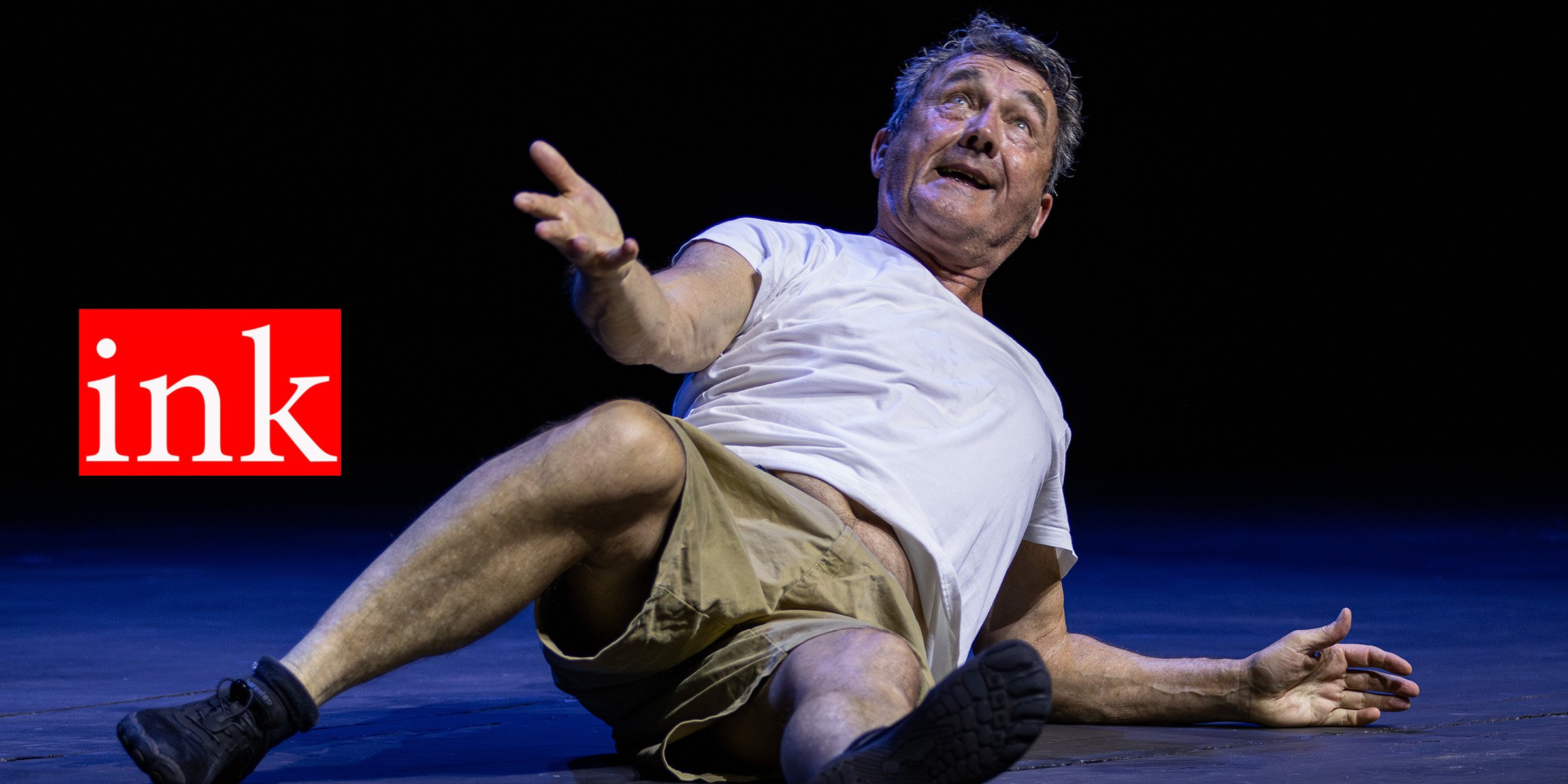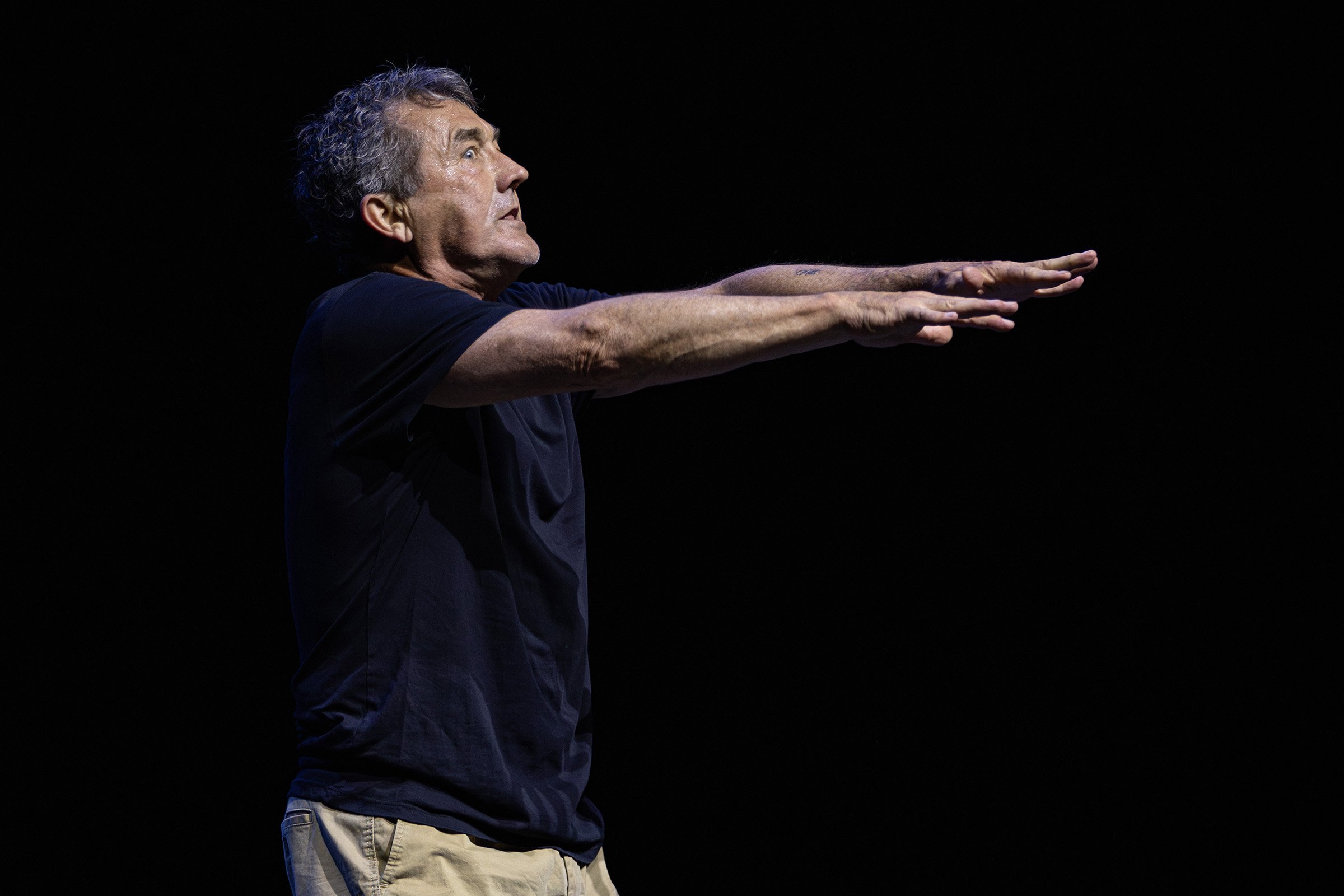
Production: The Ugly Noo Noo
By: Kuhle Tshabalala
Photos: Jeremeo le Cordeur
A humorous and imaginative play, The Ugly Noo Noo takes the audience back in time through the hidden parts of Johannesburg’s suburbs. The play was written in 1988 by Andrew Buckland, during a tumultuous time in South Africa’s history as the dismantling of apartheid began.
It is a one-man piece featuring Andrew Buckland, who plays several roles, namely humans, insects, and animals – each with their own personality. The play begins with a man’s encounter with a cockroach, the Parktown prawn, in his house and his terrified reaction to it. It is a humorous face-off between human and insect, with the human being determined to destroy the insect, but the insect refusing to back down without a battle. The insect attempts to reason with the human, but its sincere reaction to the human’s attempt to destroy it results in even more chaos, as the insect jumps – towards the human – as a reflex.

Buckland’s acting was brilliant throughout the play, as he seamlessly switched roles from one character to the other. With no set, props, or costumes, Buckland guides the audience through important themes, such as humanity and empathy. The play is strange and funny, while reminding the audience that even the creatures they dislike have a place in the world.

In the context of apartheid South Africa, the stage work criticises the systems of the past that resulted in many South Africans living in a brutal society. Throughout the play, the prawn is used as a symbol of fear, which is a clever way to explore how fear can be a device for controlling people and spreading hate.
The Ugly Noo Noo challenges the audience to see fear for what it is, and that it is the driver and enabler of prejudice and chaos. All the while, it encourages us to embrace those who are different from us and to hear them out instead of shutting them out.
In the context of post-apartheid South Africa, after 31 years of democracy, the play remains a thought-provoking portrayal of the power dynamics that still influence society, putting emphasis on how those in positions of power have control over people, while those who are dependent on them are left vulnerable when promises are not fulfilled.

